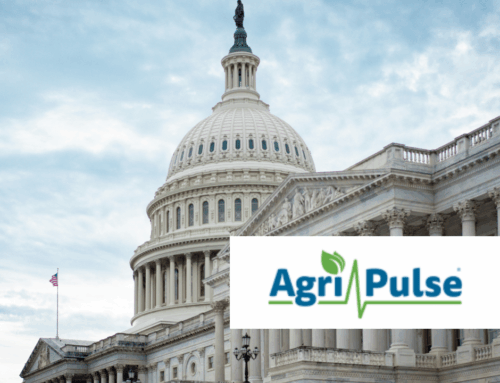|
OPPOSE THE TRILLION DOLLAR FARM BILL CONFERENCE REPORT Retrograde Farm Bill So Wasteful that “Reform” was Stripped from the Title January 28, 2014 Dear Member of Congress: Taxpayers for Common Sense urges you to oppose the farm bill conference report scheduled to receive a vote in the House as early as Wednesday, Jan. 29, and soon thereafter in the Senate. The near-trillion dollar farm bill fails to adequately reform the government’s role in the agriculture sector while recklessly spending nearly 50 percent more than the last bill passed in 2008. Rather than making long overdue reforms to outdated and wasteful subsidies such as the direct payment program and significantly paying down our deficit, the bill instead squanders savings on new special interest carve-outs and income entitlement programs for agribusinesses experiencing record profits. In addition to the aforementioned issues, the farm bill conference report should be rejected for the following reasons: • Spends too much: the last two farm bills are on pace to exceed their Congressional Budget Office (CBO) score by more than $400 billion, and there’s no assurance that this farm bill will be any different. That means 2014 farm bill spending could top $1.5 trillion. A CBO score is not even available for members to view just 24 hours before the bill will receive a House vote. Reports indicate that the bill would save just two percent over baseline spending levels, and taxpayers are unlikely to see any of these savings since the majority would occur more than five years from now after this farm bill expires. • Increases entitlement spending on federal crop insurance subsidies: During a time of $17 trillion national debt, taxpayers cannot afford even higher spending on revenue guarantee subsidies and new shallow loss entitlement programs for profitable agribusinesses. While crop insurance subsidies would be slightly more accountable to taxpayers, subsidies would remain unlimited, allowing some agribusinesses to receive over $1 million in taxpayer-paid premium subsidies each year. • Resurrects Soviet-on-the-Potomac price supports: The bill resurrects government-set price supports that would be anywhere from eight to 88 percent higher than the last farm bill. Minimal drops in crop prices could trigger huge taxpayer payouts in not only this program, but also new shallow loss entitlement programs. • Strips reforms to deny subsidies to non-farmers that both the House and Senate voted for: Agriculture Committee leaders stripped nearly identical provisions that a majority of both the House and Senate supported last year to rein in unnecessary subsidies to absentee landlords, non-farmers, and city dwellers. Zeroing out long-awaited and widely supported reforms via backroom deals provides further evidence of how this farm bill has been rushed through under an undemocratic and flawed process. • Continues wasteful special interest spending: Everything from mature biofuels to biomass, sushi rice to sheep, and cotton to catfish receive special interest spending, in addition to the continuation of market distorting subsidies for cotton, dairy, and sugar interests, some of which have already spurred threats of international trade wars. • Fails to adequately reform nutrition programs: While 80 percent of spending in the bill is dedicated toward nutrition assistance programs, purported reforms will only save taxpayers slightly over one percent over the next ten years. Furthermore, the bill fails to separate farm and nutrition programs in the future, something the House agreed to just last year. • Retains decades-old permanent law: The conference report fails to eliminate permanent law provisions that have been on the books for decades. Taxpayers should not be forced to accept wasteful farm policy to forestall outdated policies developed during the Great Depression that no longer reflect modern agriculture. • Reverses even modest reforms previously adopted: The conference report waters down payment limits to be ineffective, retains duplicative catfish inspection offices, and fails to rein in unlimited crop insurance subsidies; even a $1 million cut to the National Sheep Industry Improvement Center didn't survive – in fact spending on it was increased by 50 percent. We urge you to reject the conference report and go back to the drawing board to create a safety net that is more cost-effective, transparent, accountable, and reflective of today's modern production practices. For more information, please contact me or Josh Sewell at 202-546-8500 or josh[at]taxpayer.net. Sincerely,
Ryan Alexander |











